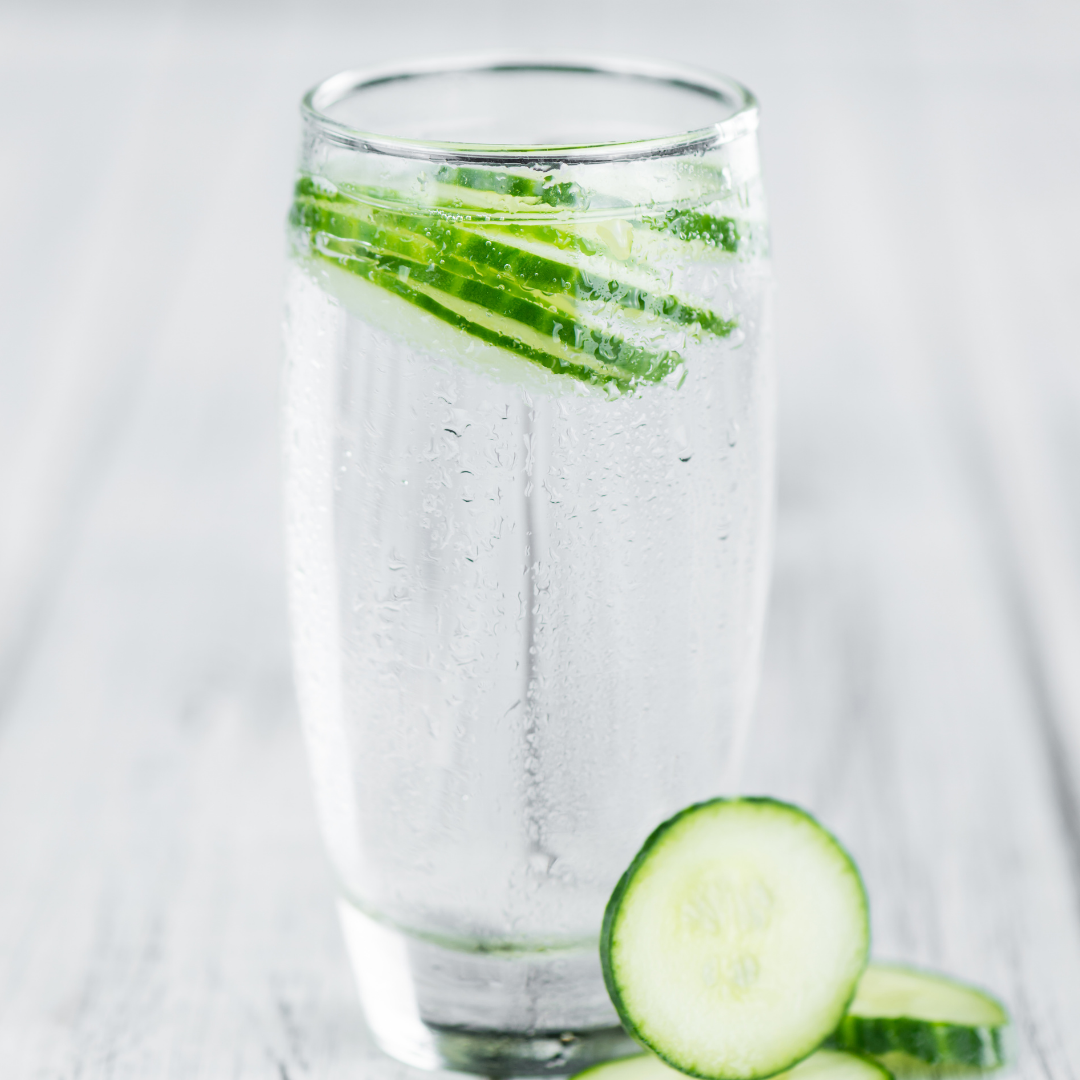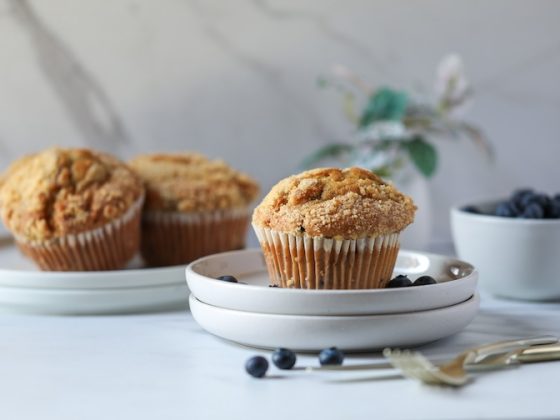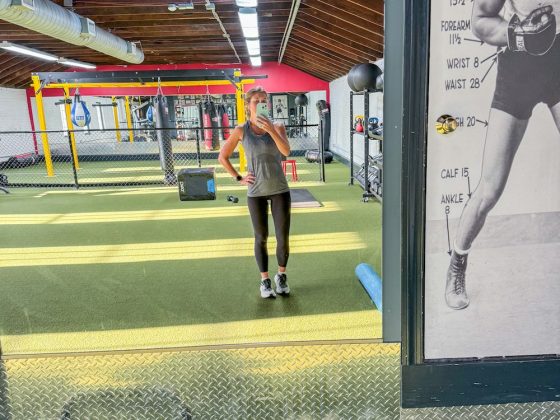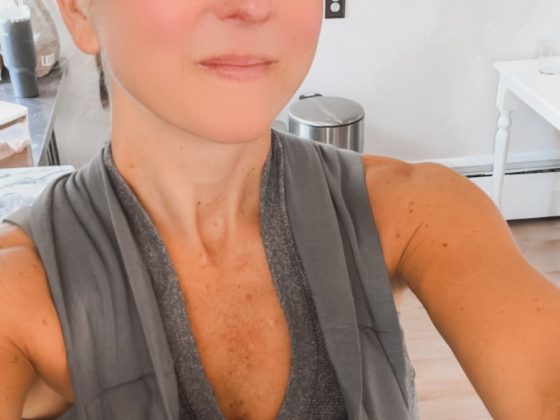Staying hydrated is one wellness tip that we all know about, but how many of us are actually putting this tip into practice? There is so much information out there when it comes to hydration and the actual amount we need for optimal health. Louisa Lawless, Chief Strategy Officer of Perfect Hydration breaks down this on-going dilemma.
“The amount of hydration you need depends on several factors, including age, weight, gender, climate, and lifestyle. But in general terms, most adults need 90-125 oz of water a day to maintain a healthy and hydrated state. To break it down further, it’s often recommended to drink 0.5 oz. of water for every pound you weigh – so a 200lb person would need to drink 100 oz. of water. That’s a lot of water! It’s about three 1 liter bottles,” shares Lawless.
With this rule of thumb now in play, ask yourself “Are you drinking enough water?”
Below are some tips that can help ramp up your water intake and what to look for when seeking out water options.
Technology Enhanced Water
There are so many ways you can hydrate yourself, with technology enhanced water you will get a different experience, says Tammy Hobbs, Jovē Wellness CEO. “In short, Jovē’s Advanced Cellular Hydration Technology process creates water that is absorbed by our cells! Cellular hydration supports our mitochondria (the power plant of our cells), cellular metabolism and the release of cellular waste all of which is essential for achieving overall wellbeing,” says Hobbs.
Drinking copious amounts of water may sound like a good idea however Tammy dives deeper to explain why cellular hydration is more beneficial to the body. She explains the following:
“While our cells take in water naturally there are some conditions that increase the rate at which cells ingest water. There is a possibility and occurrence where a person will drink a large amount of water to hydrate, but unfortunately the body turns that large amount of that water into waste where it is expelled from the body before the cells have the opportunity to ingest what they need from the available water. This happens because certain conditions have not been met for optimal cellular hydration,”
What to look for in your water
It all depends on what type of water you prefer. If you prefer spring water, make sure you read the labels to ensure the water source is truly spring water. Consider the following when making a water selection.
- Quality: Cleanliness and purification are very important.
- Mineral Content: Minerals are essential for our bodies and naturally occur in water. “Jovē contains silica a naturally occurring essential mineral that increases alkalinity and has been found to provide strength and flexibility to the connective tissue of the body and is essential in the formation of collagen,” explains Hobbs
- Overall ingredients: Consumers should pay attention to ingredients in water to understand what they are putting into their bodies.
Other forms of hydration
If you are looking for additional ways to boost your hydration, you should opt for eating foods that have a high water content like fruits, vegetables, oatmeal, smoothies and soups with low sodium. “Other beverages can also help you on your path to hydration, including dairy milk, plant-based milk, or fruit-infused water. In addition, avoiding processed carbohydrates, high-sodium foods, alcohol and coffee can help your body stay hydrated longer,” recommends Louisa
If you are extremely active and or spending a lot of time outdoors especially during warmer weather, then you may need a little extra hydration because so much is depleted from your body when you sweat. Electrolyte powders provide a great way to not only increase hydration, but they are infused with essential minerals such as magnesium and sodium that your body needs to regulate properly.
When it comes to staying hydrated, there are reasons beyond quenching your thirst. Benefits include:
- Enhances physical performance
- Helps with brain function
- Regulates body temperature
- Assists in absorbing more nutrients from your diet
- Helps with the production of elasticity in the skin
Here are some quick tips to ensure you are drinking enough throughout your day:
- Know how much water you want or need to consume daily (remember drink half of your body weight in ounces per day)
- Start each day with 8 oz. of water (preferably warm water or at least room temperature, as to not shock your system with water that is too cold). This will help hydrate you immediately after a night’s sleep, especially if you drink coffee. Better yet, squeeze in some fresh lemon juice to alkalize and jumpstart your digestion and metabolism.
- Set an alarm! Having water reminders especially on busy days will keep you hydrated throughout the day instead of large amounts at a time.
- Always keep a water bottle with you (gym bag, car, work desk etc…)
- Try spicing up your water by adding fresh fruit or cucumber slices.
Once you start this habit and stick to it you will certainly feel the difference in your body.










